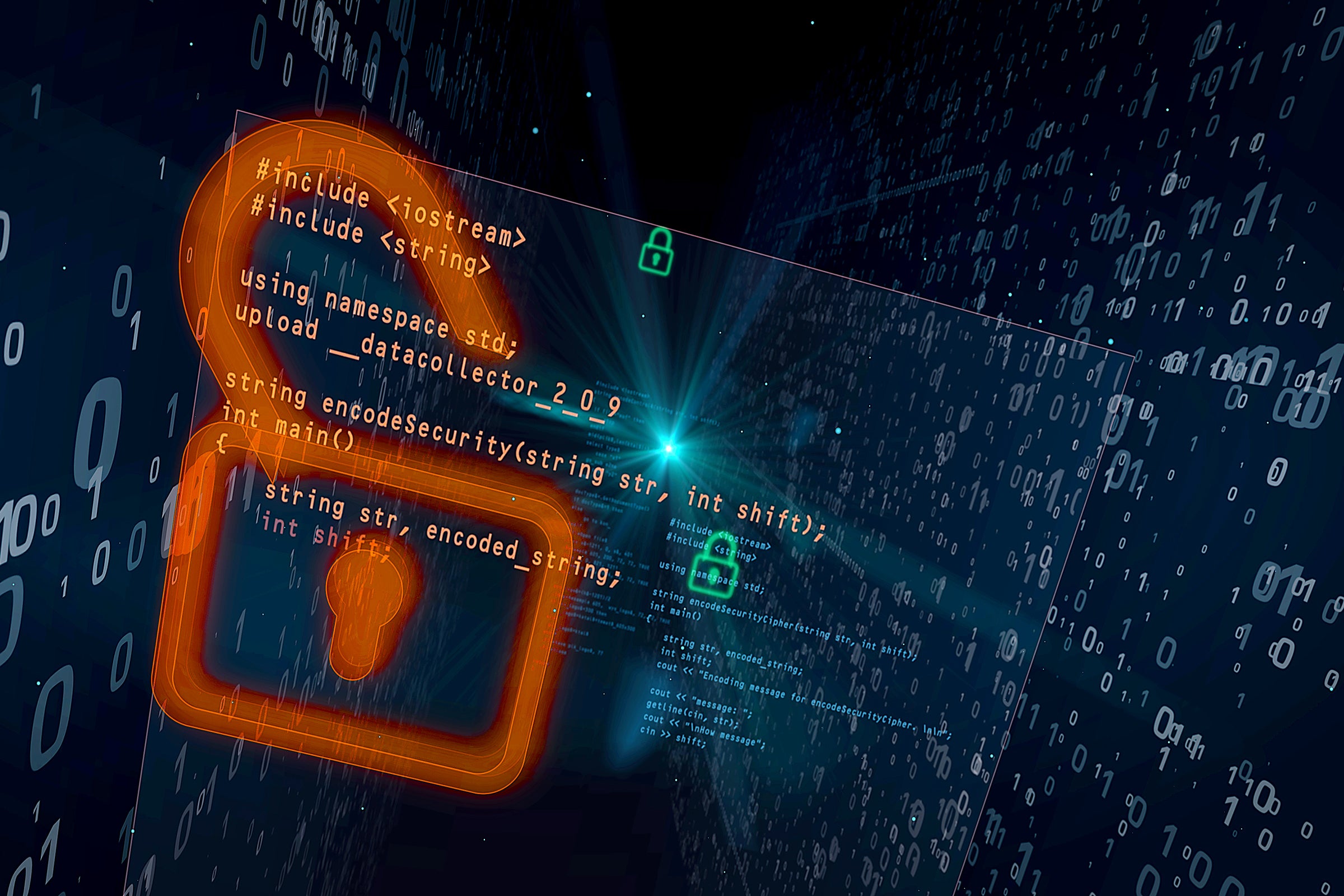Dutch Regulator Slaps Uber with €290 Million Fine for GDPR Violations in Data Transfers to the U.S.
In a significant move against data privacy breaches, the Dutch Data Protection Authority (DPA) has imposed a hefty €290 million fine on Uber. The fine comes in response to Uber's violations of the General Data Protection Regulation (GDPR) related to the transfer of user data to the United States. This ruling marks one of the most substantial penalties levied by the Dutch regulator and underscores the increasing scrutiny on global companies handling European citizens' data.
Background on the GDPR Breach
Uber's GDPR violation stems from its failure to adequately protect personal data during transfers between the European Union (EU) and the United States. The GDPR, which was implemented to safeguard the privacy rights of individuals within the EU, imposes strict regulations on how companies manage and transfer personal data outside the region. Any non-compliance can result in severe financial penalties, as demonstrated by this case.
Details of the Violation
According to the Dutch DPA, Uber's data transfer practices were found to be in breach of several key GDPR principles. The company allegedly failed to implement sufficient safeguards to ensure that personal data of EU citizens was protected when transferred to the U.S. Additionally, Uber was accused of not being transparent about these data transfers, further violating GDPR’s strict transparency requirements.
Implications for Uber and the Industry
This significant fine serves as a stark warning to other multinational companies operating in Europe. With data privacy becoming an increasingly critical issue, regulators are stepping up enforcement efforts, particularly against large tech companies with vast amounts of personal data. The ruling against Uber highlights the importance of ensuring that data transfers outside the EU are conducted in strict compliance with GDPR standards.
Uber’s Response and Next Steps
In response to the fine, Uber has expressed its disappointment and has indicated its intention to appeal the decision. The company argues that it has made substantial efforts to comply with GDPR regulations and believes that the fine is disproportionate to the alleged violations. However, the Dutch DPA has made it clear that the protection of personal data is paramount, and companies must be held accountable for any lapses in compliance.
Conclusion
The €290 million fine against Uber by the Dutch regulator is a significant development in the ongoing enforcement of GDPR. As the digital landscape continues to evolve, companies must prioritize data protection and ensure compliance with stringent regulations. This case serves as a reminder that violations can lead to substantial financial consequences, emphasizing the critical importance of data privacy in today’s global economy.


.jpg)


